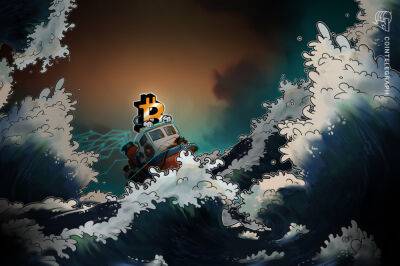Queen’s death deepens UK’s downward spiral in global arena, US observers say
The prevailing view from America of post-Brexit, post-Elizabethan Britain is principally one of a country of declining influence which is in danger of sinking on the world stage as a result of mostly self-inflicted crises.
The US news coverage of the day of the Queen’s death was overwhelmingly reverent, but by Friday there was already a backlash, pointing to the inseparable bond between the royal family and the country’s imperial past.
Maya Jasanoff, a professor of history at Harvard, argued that the Queen had been the stolid and traditionalist face for a particularly bloody period at the end of the empire, as British forces were fighting independence struggles in Kenya, Malaya and Cyprus.
“These were violent and showed the British extremely unwilling to leave the colonies, which is grotesquely different from the transfer of power that’s implied,” Jasanoff said.
She sees the ghost of empire hanging over Britain’s current cluster of national crises.
“It’s a country that, with Brexit, dealt a self-inflicted blow, in part on the basis of certain ideas about what Britain represents, what Britain’s role in the world is, and those ideas of Britain’s role in the world emanate from the imperial past,” Jasanoff argued.
In the Washington Post, columnist Ishaan Tharoor also weighed Elizabeth’s culpability for the abuses across the remnants of empire after the second world war during her reign, and decided she was “perhaps not privy to all the sordid details of the operations carried out to preserve her empire”. But he argued she had cast herself as “the happy steward of the Commonwealth” of former colonies, pointing out “its history was hardly benign”.
Having lost an empire and then given up its place in the European Union, Tharoor
Read more on theguardian.com




















